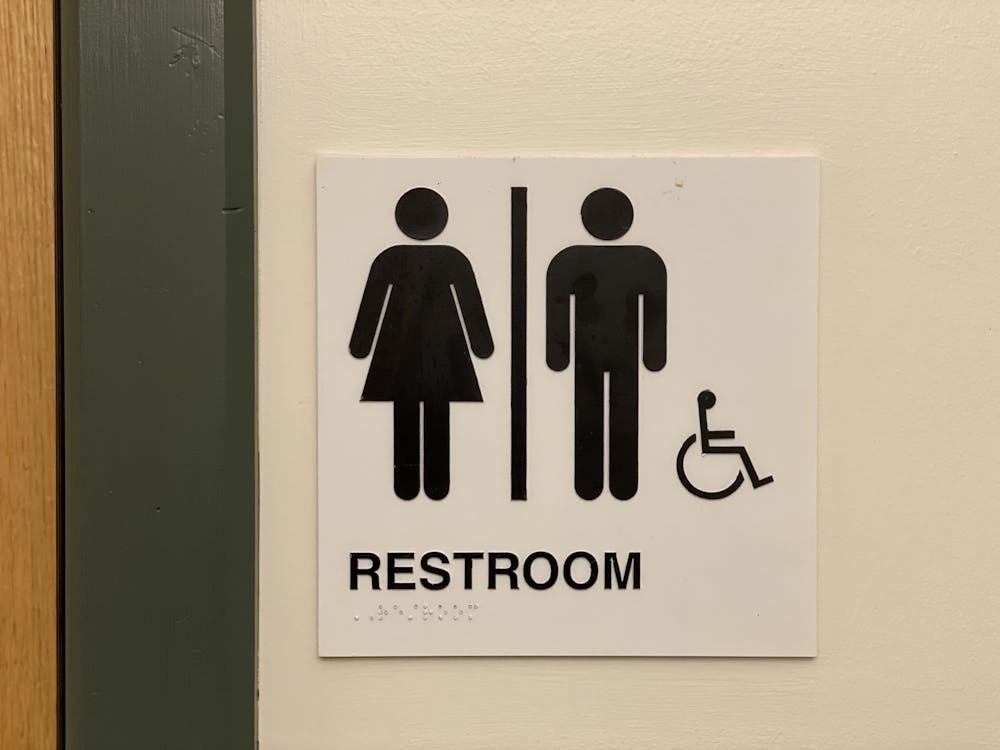A Princeton municipal ordinance that went into effect last month mandates inclusive, gender-neutral signage on most single-occupancy bathrooms.
The regulation applies to all single-occupancy bathrooms that are accessible to the public, including “restaurants, shops, offices, hotels, theatres [and] salons.” The regulation excludes certain bathrooms that must remain single-gender to comply with the state’s plumbing code.
The council originally passed the resolution in July, but it allowed businesses a 180-day grace period to redesignate their facilities. As of Jan. 6, the council instructed health inspectors and municipal construction staff to enforce compliance and to respond to public complaints of noncompliance.
However, the businesses and institutions contacted by The Daily Princetonian already designate most single-occupancy bathrooms as gender-neutral.
The University has sought to expand accessibility to gender-neutral bathrooms since 2014, “prior to the passage of the local ordinance,” according to Deputy University Spokesperson Michael Hotchkiss.
The University has around 250 gender-inclusive bathrooms on campus and requires that “single room, lockable” bathrooms be included in every “new building and major renovation.”
Eric Anglero, the program coordinator for the University’s LGBT Center, confirmed the University’s commitment to gender-inclusive spaces. He explained that “having an inclusive space creates a level of equity that was not there before.”
Since 2014, student activists and other staff of the LGBT Center have worked to expand inclusive facilities on campus and to communicate to students where they can take advantage of those bathrooms and shower facilities.

The LGBT Center’s website hosts a digital map that locates gender-inclusive bathrooms and showers on campus.
Off campus, many businesses, including PJ’s Pancakes and Diesel and Duke, responded to requests for comment by explaining that they, too, have already installed gender-neutral bathrooms.
Nevertheless, the municipality’s ordinance stressed that requiring gender-neutral facilities will “benefit the entire community.” They ensure the “dignity and freedom from discrimination” of gender non-conforming and transgender people, as well as aiding families and “people with disabilities who rely upon personal care assistance,” the ordinance notes.
The ordinance, initially introduced at a Princeton Council meeting in June 2019, was adopted on July 8, 2019.









